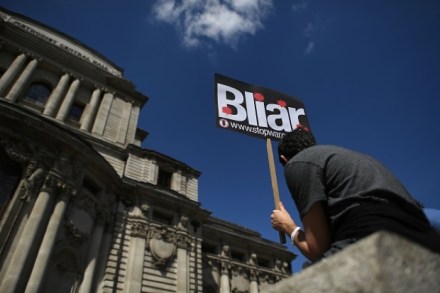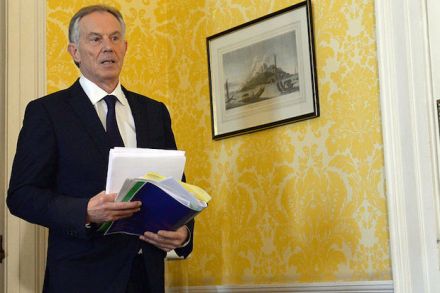The scapegoating of Blair is excessive
Blair’s great mistake was his desire to believe the best of America. It must know what it’s doing in invading Iraq, he thought. And in 2002, for once, this mighty superpower was hurt, needy – he felt needed by the leader of the free world. Which must be an intoxicating experience. Many of the rest of us shared in this basic mistake, this assumption that this generally benign superpower should be trusted. It’s an assumption bolstered by hundreds of films in which American power saves the day. And it’s an assumption largely backed up by history: Western Europe has been made safe by American power, for many decades. Yes, he



















